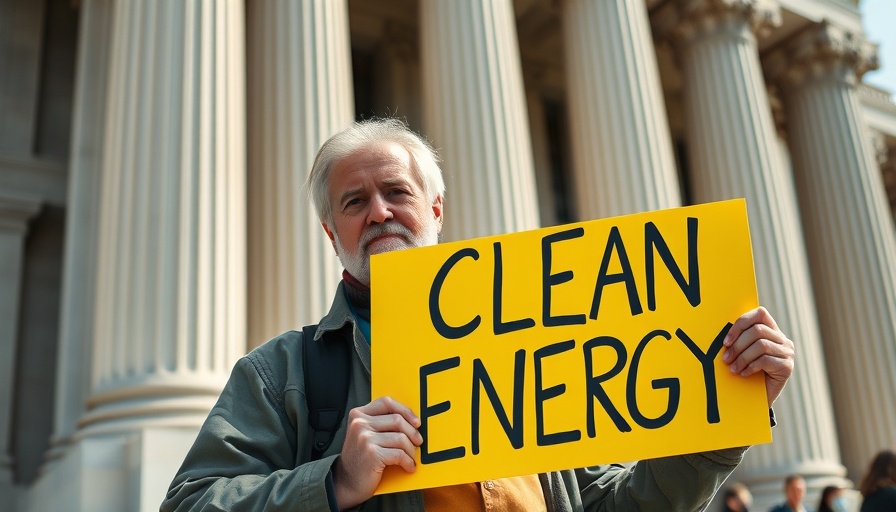
Climate Action is Not Just a Federal Responsibility
In an era where federal climate initiatives seem to dwindle, state-level action emerges as a crucial alternative in combating climate change. A recent study from researchers at North Carolina State University highlights how states can play a pivotal role, even in the absence of robust federal support. For Californians, this means that local action could significantly contribute to reducing carbon emissions and advancing sustainability.
The Cost and Impact of State Actions
The research examined 23 states with promising indicators of political will to collaborate on reducing carbon emissions. Interestingly, the cost differences between federal initiatives and state-led efforts were minimal, indicating that local action is both feasible and economically viable. For example, California, with its unique resources and innovations, has the potential to adopt technologies that are tailored to its diverse landscapes, such as solar energy in the sunny areas and wind energy along its coasts.
Innovative Approaches to Decarbonization
States are already experimenting with various decarbonization technologies. California homeowners benefit from initiatives that simplify the switch to renewable energy, including tax incentives for solar installations and improved energy efficiency standards for homes. As more states venture into innovative climate solutions, California's experiences could serve as a model for other states looking to make significant reductions in carbon emissions.
Joining Forces for a Sustainable Future
The study indicates that if California and other like-minded states harness their resources effectively, they could collectively reduce U.S. carbon emissions by nearly 46% by 2050. This collaborative spirit among states is essential, especially as local governments push for cleaner energy and sustainable practices. California homeowners stand to gain from engaging in community initiatives that push for progressive climate policies.
Understanding these dynamics can empower local citizens and promote greater community involvement in climate advocacy, revealing that effective change does not always hinge on federal action but can stem from organized state-led initiatives.
 Add Row
Add Row  Add
Add 




Write A Comment